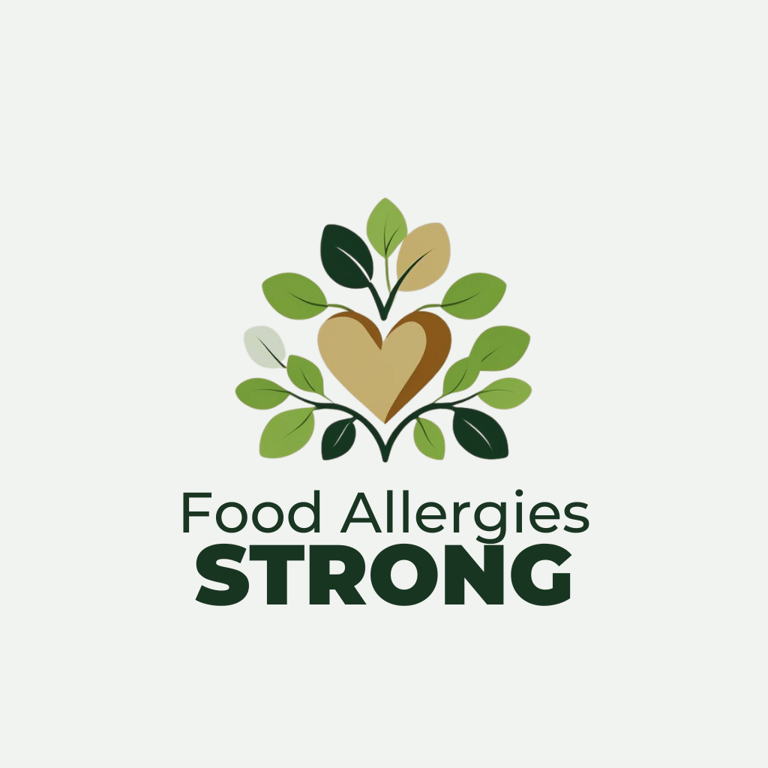Back to School with Food Allergies: What Every Teacher Should Know
Back to school with food allergies doesn't have to be stressful. This complete guide shows parents exactly how to communicate with teachers, share essential allergy information, create emergency action plans, and navigate classroom celebrations safely. Get the scripts, checklists, and strategies you need to set your child up for a successful, confident school year.
2 min read


Back to School with Food Allergies: What Every Teacher Should Know
The first day of school brings excitement and nerves for every family—but when food allergies are in the mix, there’s more to think about.
New teachers, classrooms, and routines mean new safety considerations.
The good news? With proactive, thoughtful communication, you can create a strong partnership with your child’s teacher and give your child the safe, inclusive year they deserve.
Start with a Friendly Intro
Reach out early with a short, welcoming message. Let the teacher know you’re here to support them and share essential info—not add pressure.
👋 Example: “Hi! I’m [Your Name], and I’m [Child’s Name]’s parent. I’d love to share a few helpful notes about their food allergy to help make the year as smooth and safe as possible.”
Share the Essentials
Keep your allergy info clear and simple. Include:
• What your child is allergic to (e.g., peanuts, dairy, eggs)
• Signs of a reaction (and how your child may express it)
• Management plan (e.g., “Only eats from home”)
• Foods or situations to avoid
• Snack/birthday treat instructions
📝 Tip: A one-page sheet with a smiling photo makes it even easier for the teacher to remember. This is also a good reference for the teacher to share with any substitutes the class may have.
Emergency Plan = Must-Have
If your child has an epinephrine auto-injector or emergency med:
• Share your Allergy Action Plan signed by your provider
• Let them know where it’s stored or if your child carries it
• Ask if all staff are trained to use it
📂 Even if this info is on file with the school nurse, a personal touch goes a long way.
Navigating Snacks & Celebrations Food-based events are common— with a little prep, your child can join in safely
Help the teacher by:
• Sending allergy-friendly snacks to keep on hand
• Sharing a list of safe treats
• Asking for a heads-up before food is shared
🔔 Or click this link to subscribe to my bi-weekly newsletter and get a copy of my colorful no food/snack celebration menu poster to suggest and share with your child's teacher(s) for free (They'll love it!).
Remember, the goal is inclusion—not restriction.
Equip Your Child, Too
Work with the teacher to help your child feel confident and self-aware:
• Practice how to politely decline unsafe foods
• Identify trusted adults they can go to
• Encourage them to speak up if something feels “off”
🧠 Building confidence is just as important as avoiding allergens.
Stay in Touch
Food allergy safety is a team effort. Check in throughout the year, especially before:
• Field trips
• Food-based curriculum activities
• Holiday celebrations
🫶 One simple question goes a long way: “Is there anything you need from me to feel confident supporting [Child’s Name]?”
Final Thoughts
Back-to-school season doesn’t have to feel overwhelming. With a clear plan, open communication, and a supportive team, you’re setting your child up for a safe, happy, and empowered year.
Food Allergies Strong
Created to help families move from survival to thriving with food allergies
Join Our Food Allergies Strong Community
© 2025 Food Allergies Strong
PRIVACY POLICY
MEDICAL DISCLAIMER
TERMS OF SERVICE
Get biweekly tips, tested delicious allergy-friendly recipes, and real-life guidance from a mom who's been there. No fluff, just practical help for thriving with food allergies.
